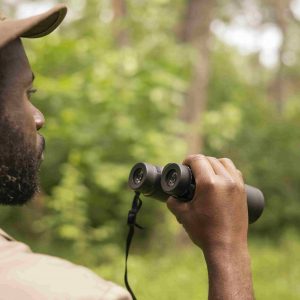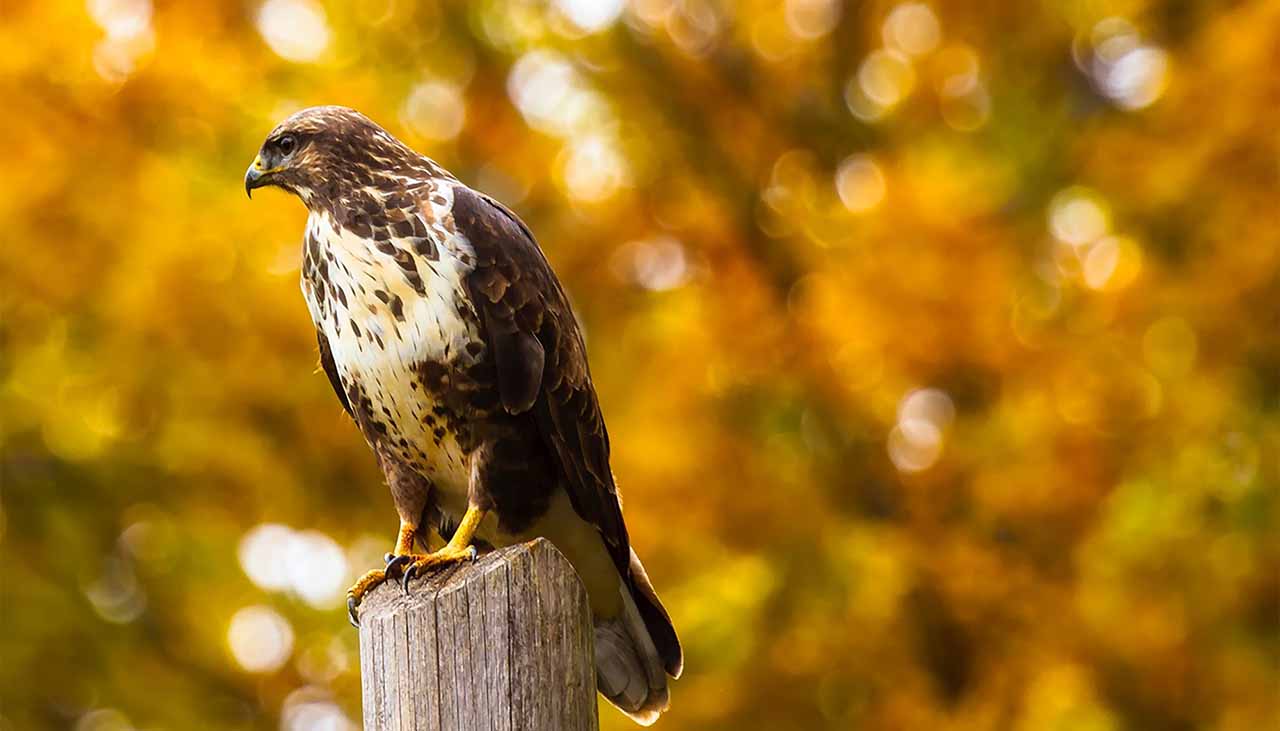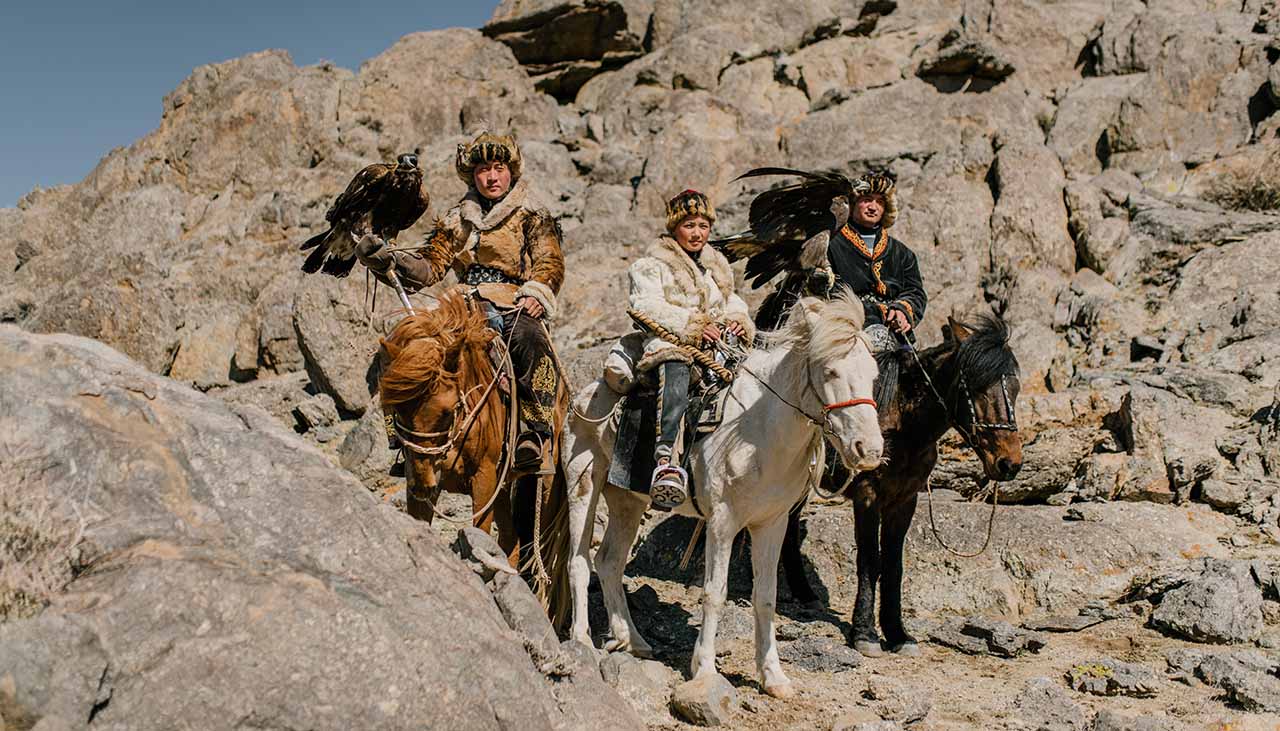For centuries, hunting has been a deeply entrenched part of life for humans, both as an evolutionary advantage and as a cultural phenomenon. Hunting is often seen as something done solely for sport or recreation, but if you look deeper into it’s history and purpose, the philosophy of hunting becomes much more complex than just killing animal for trophies. From ancient tribal hunters to modern sportsmen and women – across cultures and eras – hunting carries its own unique code of ethics that helps guide decision making around decisions involving wildlife management, conservation practices, and ultimately our relationship with animals in nature. In this blog post we will unpack the core elements of these philosophies as well our debate some common ethical questions surrounding this age-old tradition.
The history of hunting and its role in human evolution
Hunting has been a part of human life since the beginning of our species. Ancient cultures developed technologies and used methods that
Hunting has been a part of human history for thousands of years. It played an essential role in our evolution, providing us with the nourishment we needed to survive. In addition to its practical purposes, hunting was also a source of pride and accomplishment; it strengthened relationships between tribes and gave us a chance to develop our skills as hunters. Hunting is still practiced today but it’s important to remember that it is no longer necessary for survival – instead, it should be done out of respect for the animal kingdom as well as our personal growth.
The traditional customs surrounding hunting practices
Different cultures around the world have different customs when it comes to hunting. These customs can range from simply respecting the game you are hunting to elaborate ceremonies and rituals. Respect for the animal kingdom is at the core of all these customs, as well as respect for nature in general. Understanding these traditions can help modern hunters gain a deeper appreciation for the art of hunting and understand why such practices are so important.
Ethical considerations when it comes to hunting animals and preserving the environment
Hunting is not something to be taken lightly – many ethical considerations need to be taken into account when out on a hunt. It’s important to make sure you abide by any local regulations and laws in place, as well as be responsible with your use of resources so that we can ensure that future generations will be able to enjoy nature in its full glory just as we do.
What modern hunters can learn from ancient methods of tracking and killing prey
Modern hunting technology is vast and varied, but it’s important to remember that some of the best techniques were developed centuries ago by tribes around the world. Learning these techniques can help us gain a deeper understanding of the animal kingdom and our relationship with them, leading to more successful hunts and relationships with nature in general.
How respect and appreciation of the prey are key to successful hunting
Hunting isn’t just about getting your target – it’s also about respecting and appreciating the animal you are hunting. It’s important to understand that when we hunt an animal, we are taking the life of another creature and should do so with respect and reverence. Taking time to understand the animal you are hunting and showing it the appropriate levels of respect will make for a more successful hunt as well as a better experience overall.
Discussing how hunting has shaped our culture and shaped how we view the world today
Hunting has been an integral part of human history for thousands of years, and its impact on our culture is undeniable. As modern humans, we must take the time to appreciate this long-standing tradition and understand how it has helped shape our views of nature and conservation in general. Understanding these concepts can help us gain a deeper appreciation for the art of hunting and ensure that future generations can continue to enjoy the sport for years to come.
How hunting can be both a physical and mental challenge, and how it teaches us about ourselves
Hunting is not only a physical challenge but also a mental one. It requires patience, strategy, and skill in order to be successful, and in the process, we can learn a lot about ourselves. Taking part in a hunt is an excellent way to challenge our abilities, push our boundaries, and gain a greater appreciation of the natural world around us.
Summarizing the philosophy of hunting and why it continues to be a popular activity today
At its core, hunting is about respecting nature and appreciating the animal kingdom. It requires preparation, skill, patience, and respect for both your prey as well as the environment to be successful. Hunting will continue to be a popular activity for many years to come, so we must take the time to understand this ancient tradition and its impact on modern society. Respect for nature, appreciation of wildlife, and ethical hunting practices are all essential to ensure that future generations can continue to enjoy the sport.





